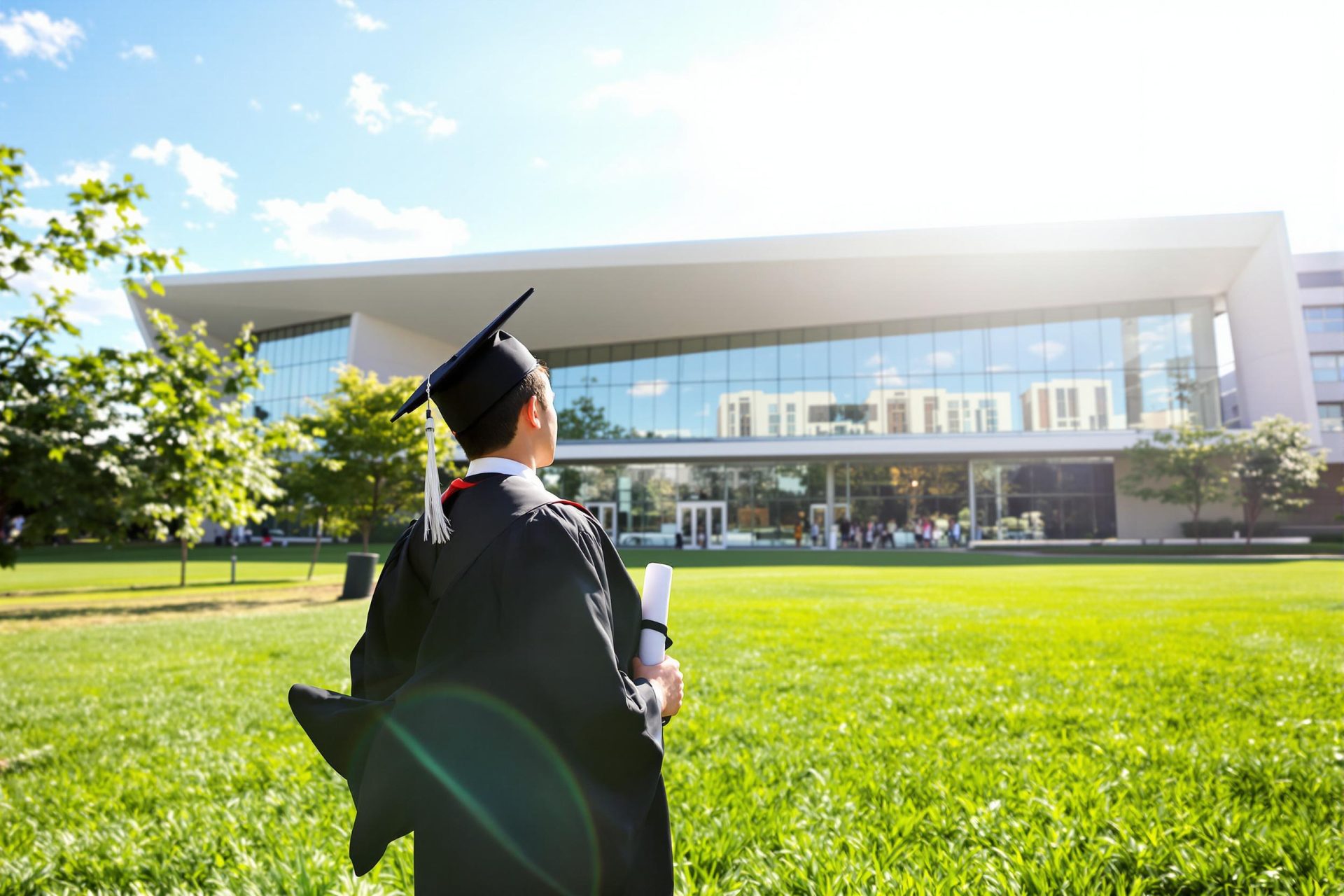Key Takeaways
- Easy access to generative AI like ChatGPT raises concerns about academic cheating at universities.
- Some students may be obtaining degrees without mastering the required skills or knowledge.
- This potentially undermines the value and credibility of university qualifications in the job market.
- Universities are grappling with how to adapt assessments, with opinions divided on the best approach.
- There’s a growing call among some academics to return to traditional, in-person exams to ensure integrity.
University degrees have long been seen as gateways to better job prospects and social mobility. Employers rely on these qualifications as proof that graduates possess certain skills and knowledge.
However, the easy availability of powerful AI tools like ChatGPT for the past couple of years presents a significant challenge. Many current students have had access to technology that can generate passable, even insightful-sounding, written work.
This situation is amplified because many universities shifted to online assessments during the pandemic and haven’t fully returned to traditional, supervised exams.
There’s a real concern that some students might be using AI to complete assignments and even entire degrees without truly engaging with the material, developing original thoughts, or mastering critical skills.
This means we could see an increasing number of graduates holding certificates that don’t accurately reflect their abilities, potentially devaluing degrees overall.
Not everyone in academia agrees on the severity of this issue. Some argue that AI is an inevitable part of the future and educators should focus on adapting assessments, perhaps testing skills like creativity or collaboration.
Others believe concerns about AI are overblown, similar to early worries about the internet, dismissing those who are worried as resistant to change or “Luddites”.
A counterpoint is that AI-generated text is harder to trace than traditional plagiarism from online sources, making it difficult to prove academic dishonesty.
There’s also the argument that students need AI literacy for the future workforce. While true, proponents of traditional learning argue this shouldn’t replace the need to develop deep subject knowledge and independent critical thinking.
Some educators hope that fostering a culture of academic integrity is enough, believing students will choose to be ethical. However, evidence suggests that cheating often occurs when consequences seem unlikely.
One educator shared a concerning anecdote where undergraduate students were confused about not being allowed to use ChatGPT for an assignment, asking, “But where are we supposed to get our ideas?”
This highlights a potential crisis: if students rely on AI instead of learning to synthesize information, think critically, and formulate their own arguments, the core purpose of university education is undermined.
Concerns were further amplified among some academics by a Daily Maverick article suggesting university leaders might be underestimating the AI challenge, seeming out of touch with frontline experiences.
While innovative assessments are important, many educators feel that ensuring students genuinely acquire core knowledge and critical thinking skills might require a return to more traditional methods.
Consequently, a growing number of academics are pushing for the reinstatement of in-person discussions, tests, and invigilated exams, wondering if there’s any other way to safeguard the integrity of university degrees.



